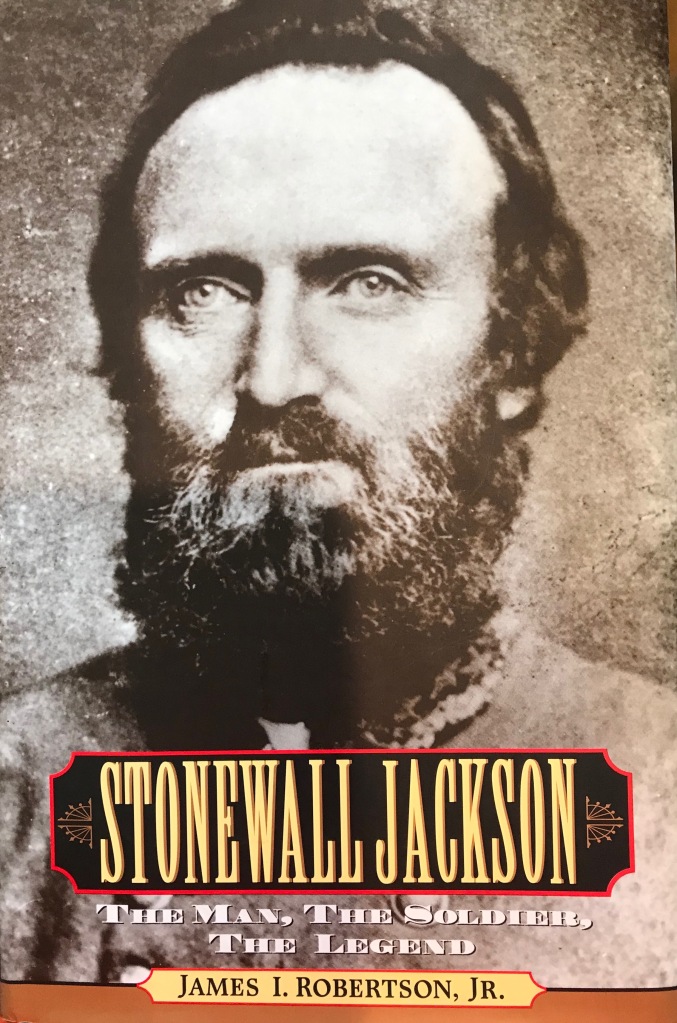From Simon Stokes at “Mere Fidelity” :
….Many in the church are anxiously grasping to take control over a culture that does not want to be controlled. This overreach is born out of the fear of what might happen when Christians lose power and influence. Yet, the church has often grown, and even flourished, in times and places where it lacked control over essential aspects of its existence. This is true today of the persecuted church throughout the world, and it was true of the ancient church under Imperial Rome.
In The Patient Ferment of the Early Church, Alan Kreider makes the point that the early church did not write treatises on evangelism. Nor did it consider influencing the Roman Senate. Its focus was not on controlling the dominant outside forces of power or cultural perception. Instead, the early church pursued its own spiritual formation and patiently worked at simply being present in the Roman world. It embraced its status as “elect exiles” (1 Peter 1:1), who inhabited the pagan world but did not align with its priorities. In so doing the early church was different enough from the surrounding culture to open the possibility to outside observers that there might be another way to live. Kreider writes,
It was not what the Christians said that carried weight with outsiders; it was what they did and embodied that was both disconcerting and converting. It was their habitus—their reflexes and ways of life that suggested that there was another way to perceive reality—that made the Christians interesting, challenging, and worth investigating.[5]
By being willing to be present, and powerless, in a culture that often held them in derision, our forefathers in the faith embodied the reality that true life came only through belief in Jesus of Nazareth. They focused on their own actions of spiritual formation and grass roots evangelism, and they believed that God would carry out his purposes in good time.
The North American church of the modern era must embrace a similar posture of powerless presence if it hopes to provide today’s world with a comparable experience. It must cease fretting over what it cannot control, namely the actions of the culture. Instead, Christians must calmly and compassionately commit to being with the world, and in the world, but not like the world. Individual Christians should focus on their own spiritual formation, and in working out their faith in smaller, localized areas where they can make a direct impact with their lives. They should also commit to the work of renewing institutions within, and outside the institutional Church, working for the common good. Many Christians are already leading the way on some major aspects of cultural renewal. They should continue to do so, and wait for God to work through their steady, patient effort.
https://mereorthodoxy.com/a-ride-worth-leaving-escaping-the-anxiety-of-the-modern-church/
